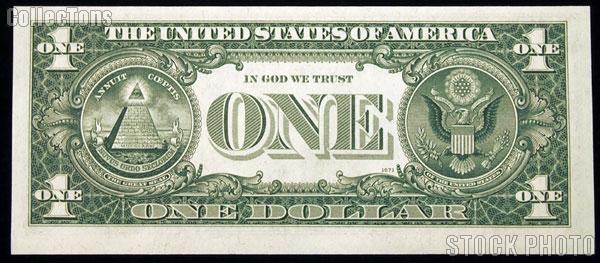presonorek
Gold Member
It must be on the front. I know it says Federal Reserve Note somewhere.
Note is short for promissory note. A promissory note is a legal document you sign promising to repay a loan. Why do I feel like I am repeating myself?
Better yet,
What does the term Federal Reserve Note mean?



